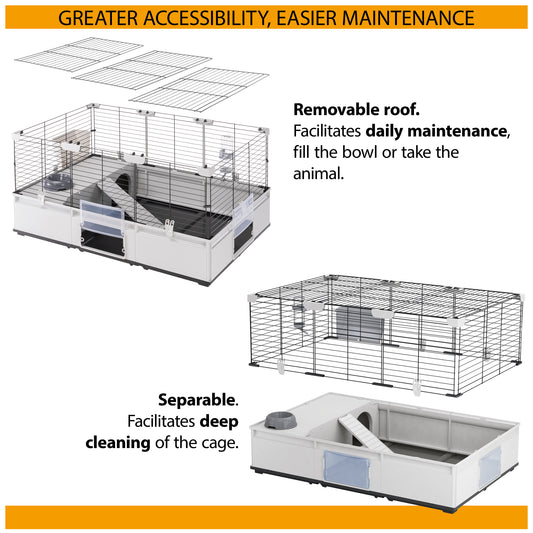If you do not intend to responsibly breed from your cat, it is important to get him or her neutered to prevent accidental pregnancies. The UK’s rescue centres are overflowing with unwanted cats and the RSPCA has said that there is an overpopulation crisis which can only be tackled by neutering.
Cats can come into season every three weeks and they are prolific breeders. One female cat left unneutered can be responsible for as many as 20,000 descendants in just five years.
Neutering also offers some benefits such as reducing the likelihood of tumours and womb infections in females, and reduced spraying and less chance of injury through fighting in males.
In female cats, the surgical process of removing the ovaries is known as spaying while the removal of the testicles in male cats is called castration.
When to neuter
Ideally, it is best to neuter a kitten before they begin puberty so vets recommend that it is done at four months of age or younger. It used to be that cats were neutered at six months old but current scientific data indicated there are no disadvantages to doing it earlier. Until a cat has been neutered, PDSA recommends that they are kept indoors.
If you have a kitten that is particularly small for its age or is unwell, your vet may recommend a slight delay in neutering. While spaying and castration are routine procedures, they do need to be done under a general anaesthetic which poses less of a risk if a cat is fit and healthy.
Neutering myths
It used to be believed that it was better to allow a cat to have one litter before spaying. This myth has since been dispelled as there are no proven health or behaviour benefits from doing so. In fact, a female cat will be much happier if they are spayed before they reach sexual maturity as breeding can be draining and sometimes harmful.
If you have an indoor-only cat you might think that neutering is not necessary – however, while it is less likely for your cat to come into contact with a potential mate there is still a risk they could if they ever escape from your house. Cats will also breed with their siblings and parents so if you have any other cats, you will definitely need to have them neutered.
Speak to your vet
Your vet will be able to advise you on the best time to neuter your individual pet, as well as give you information on pricing. Some animal welfare charities such as PDSA, Dogs Trust and Blue Cross offer free or subsidised neutering for people on low incomes.
If you found this article interesting, you may like:









